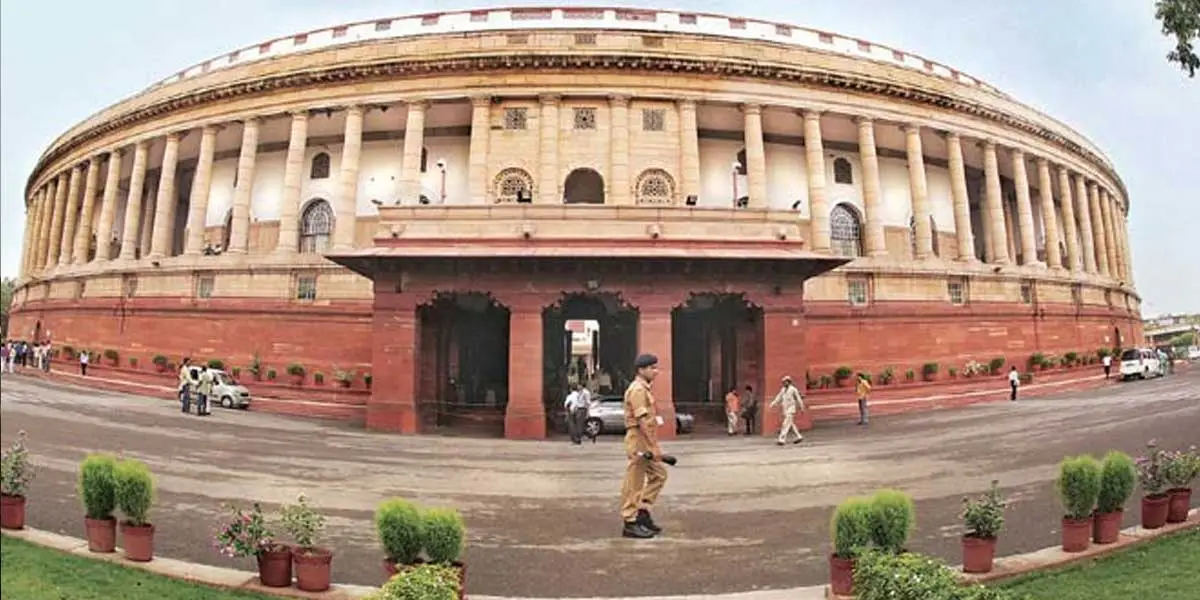The Indian Parliament suspended a record 141 opposition lawmakers, the largest such action in India’s history, for insisting on a debate about a security breach in the Lok Sabha.
On December 13, two individuals disrupted the lower house by releasing gas canisters. The opposition sought to discuss this incident but faced suspension instead.
The Indian National Congress, the main opposition party, views these suspensions as a threat to democracy.
They argue that without opposition debate, the government can pass laws unchallenged.
The Ministry of Parliamentary Affairs justified the suspensions as necessary due to misconduct, including defying house rules.
The government, led by Prime Minister Narendra Modi, has been accused of using authoritarian tactics.
Critics argue that the suspensions reflect a pattern of stifling dissent and undermining democratic institutions.
The Congress Party’s leader, Mallikarjun Kharge, condemns these actions as dictatorial, fearing they will lead to autocratic rule.

This development raises significant concerns ahead of India’s general elections next year. The suspension of such a large number of opposition members is unprecedented.
The last notable suspension was in 1989, involving 63 lawmakers during a debate on the assassination of former Prime Minister Indira Gandhi.
The opposition bloc is strategizing to counter the Bharatiya Janata Party (BJP) in the upcoming elections.
These suspensions have highlighted the delicate balance of power and the functioning of democracy in India.
The situation underscores the importance of parliamentary debate and the need for a robust opposition to maintain democratic norms.

